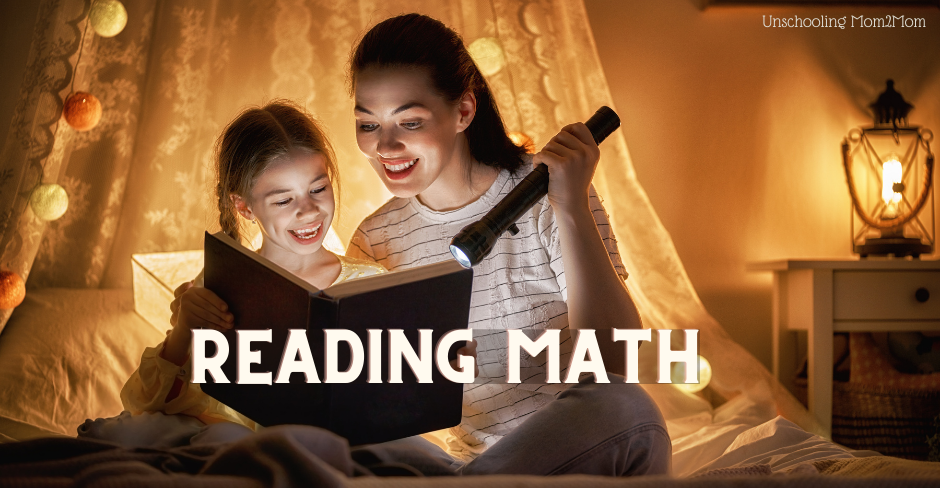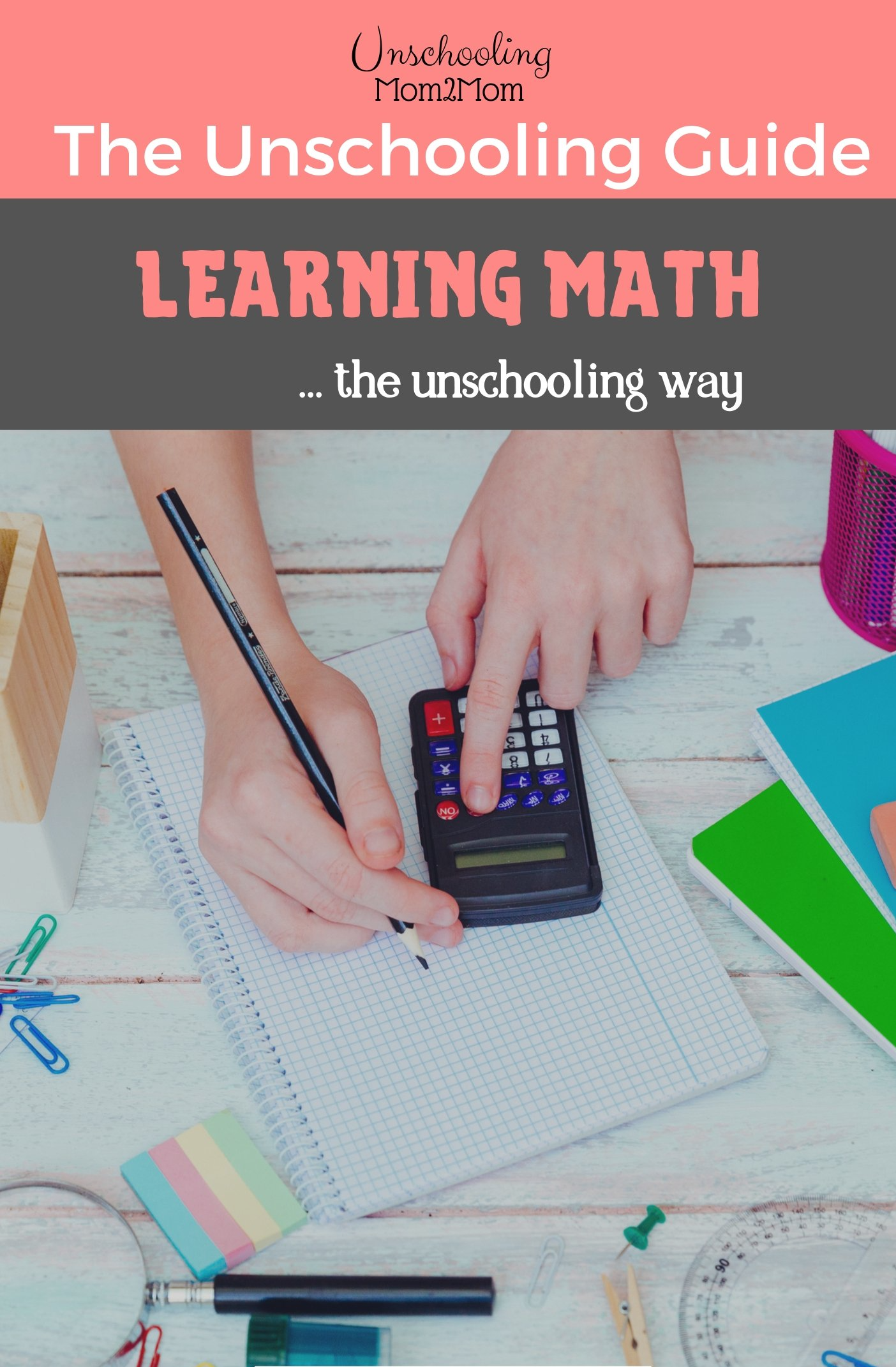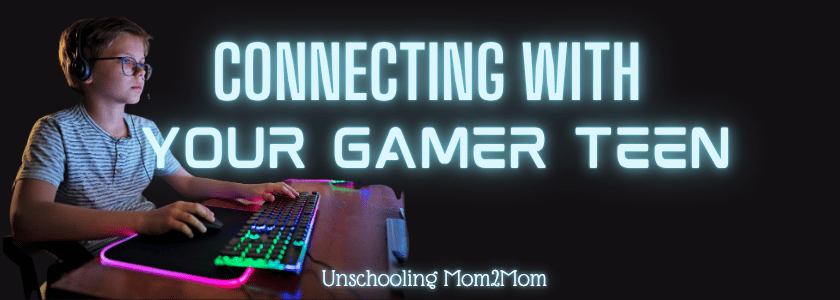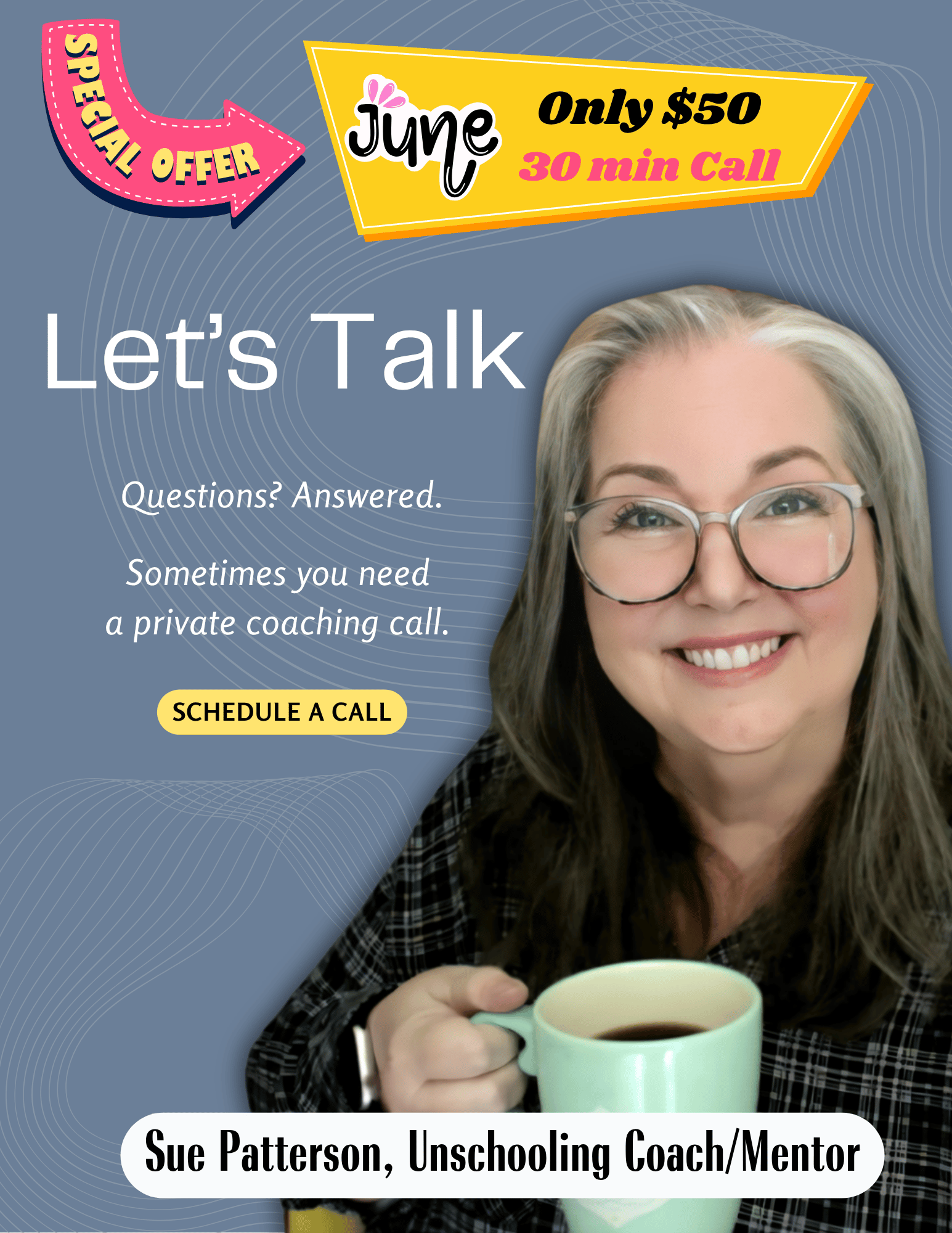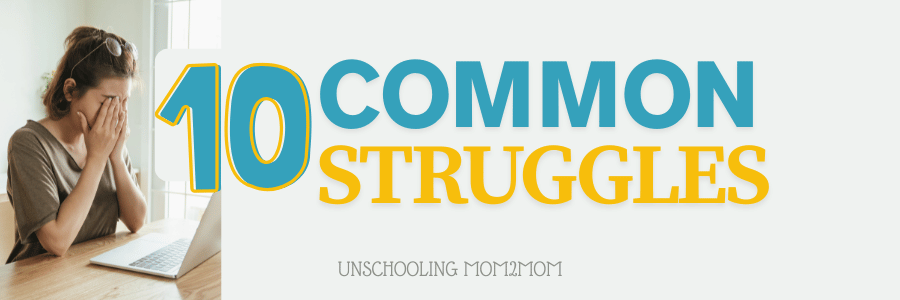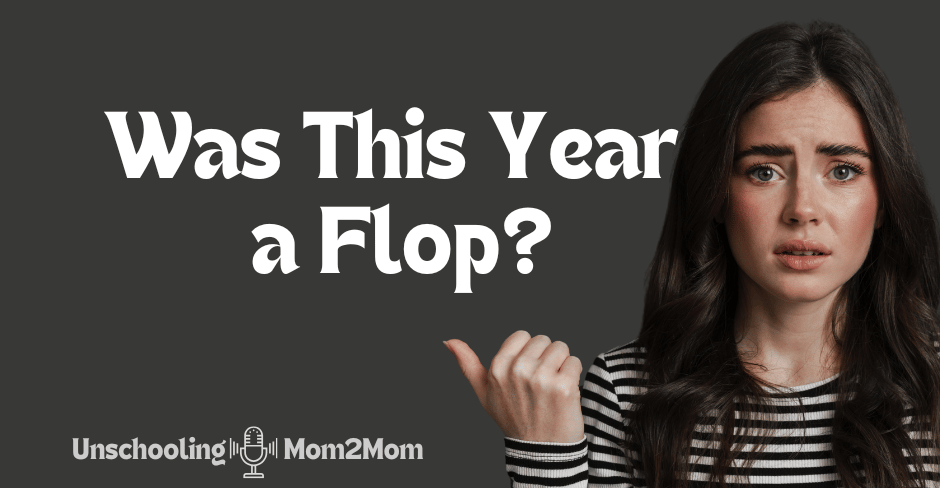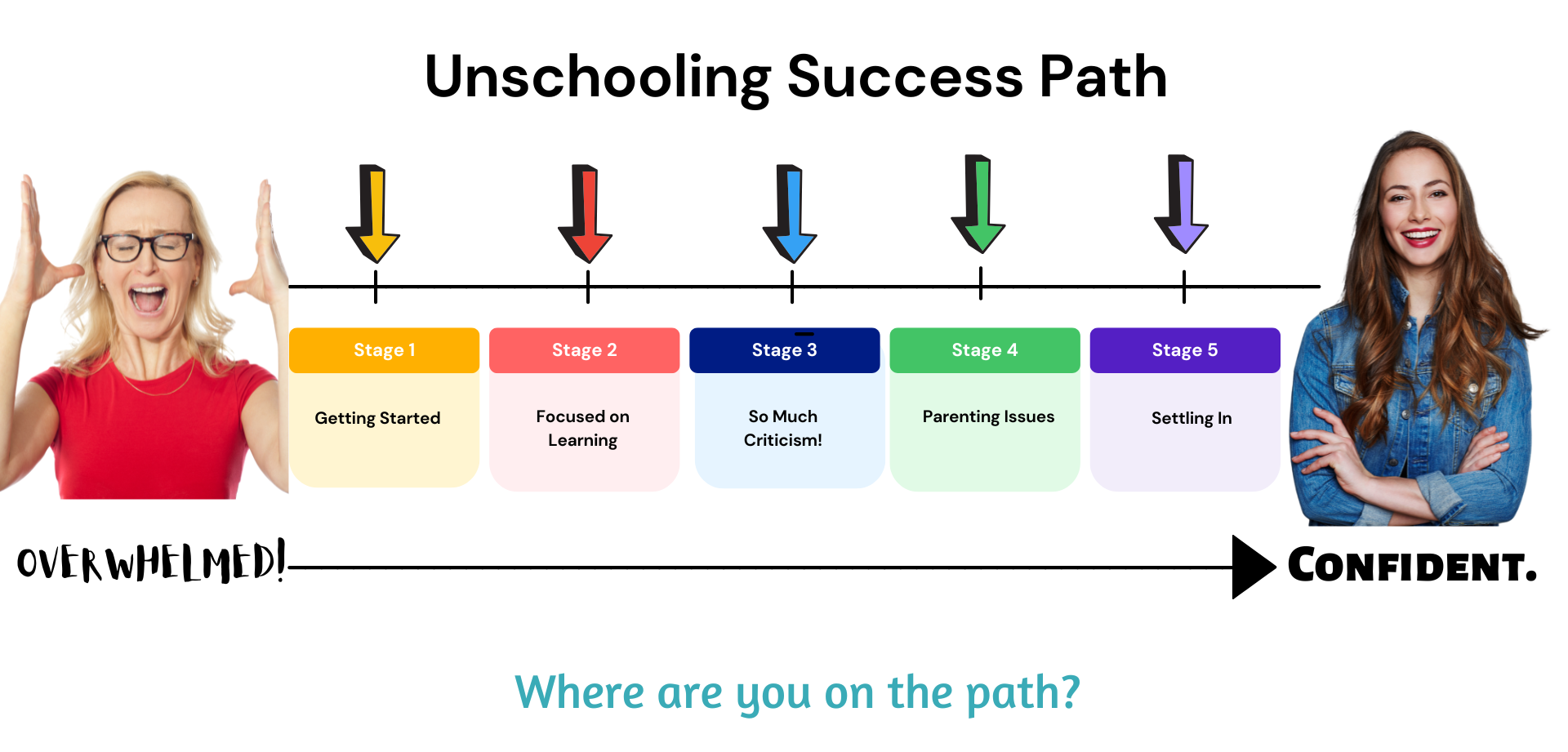Reading Math
It is the end of a long day of fun and learning. Dinnertime has come and gone. Baths have been taken. This is one of the sweetest times of your homeschooling day. You pick some of your favorite read-aloud books and call the kids to come and cuddle up. Time to do some math.
Wait, what?
Math? Now? At bedtime?
Did you just cringe?

Story Time!
Enjoying literature together is a wonderful way to introduce children to all kinds of mathematical concepts from counting to Cartesian coordinates.
Starting with beautifully illustrated and interesting counting books, you can move on to some really fun books that involve
- adding & subtracting,
- multiplying & dividing,
- remainders & fractions,
- very large numbers,
- geometry,
- money,
- measurement,
- probability,
- graphing,
- ...and more.
And not only can children pick up actual mathematical knowledge through exposure to it in a natural way and in a context that makes sense, but literature can also set the stage for children to engage with math in the future with the kind of positive and confident attitude which is key to successful learning while avoiding math anxiety or phobia.
Counting Books for Little Ones
Young children love to count, and many people enjoy counting books with their toddlers.
There are too many great counting books to list them all.
Many introduce sorting, grouping, categorizing, and matching.
Some of my favorites are:
1, 2, 3 to the Zoo by Eric Carle
Seven Blind Mice by Ed Young
Ten in the Bed by Anne Geddes
12 Ways to Get to 11 by Eve Merriam
Fish Eyes: A Book You Can Count On by Lois Ehlert
Ten Hungry Rabbits by Anita Lobel
If you browse your local library or bookstore shelves or search for
“counting books” on Amazon, you’ll discover many fabulous counting books about almost any topic you can imagine from construction machinery to dinosaurs to hugs from daddy.
Learning about Arithetic
You can also introduce and explore many arithmetic concepts through children’s literature.
One of the best simple addition books for young children is One More Bunny: Adding from One to Ten by Rick Walton.
Ten Sly Piranhas by William Wise and Victoria Chess will have you giggling while doing subtraction.
The King’s Commissioners by Aileen Friedman is great fun and all about grouping and multiplication while One Hundred Angry Ants by Elinor Pinczes offers a clear visual look at division.
Another great division book is A Remainder of One which is also by Elinor Pinczes.
A couple of great fraction books are Eating Fractions by Bruce McMillan and
Lion’s Share A Tale of Halving Cake and Eating It Too
by Matthew McElliogott.
Worried about "Unschooling Math?"
Math seems to be one of those subjects that gives parents (and kids!) the most grief. What if it's because of the approach? The way we learned math in school AND the way we're continuing that same way with our own kids. Many many mathematicians think the school system's approach to math is flawed.
Unschoolers have discovered that math CAN be learned without all those worksheets and rote memorization.
This Unschooling Guide: Learning Math the Unschooling Way will show you how kids can learn math WITHOUT all that anxiety!
Learning about Money and Economics
Money and economics are the topics of the hilarious
Pigs Will Be Pigs by Amy Axelrod.
Alexander, Who Used to be Rich Last Sunday by the wonderful writer Judith Viorst.
And last but not least there is a wonderful little book that tells how Rene Descartes invented the Cartesian coordinates graphing system:
A Fly on the Ceiling
by Julie Glass.
Read Alouds
Some other books that offer lots of math along with being great read-alouds for younger and older kids are:
The Cat in Numberland by Ivar Ekeland and John O’Brien;
The Adventures of Penrose the Mathematical Cat by Theoni Pappas;
and The Number Devil: A Mathematical Adventure by Hans Magnus Enzensberger and Susanne Rotraut.
Don't Forget the Older Kids!
There are many more great reads for older kids, too.
Some of the best are the wonderful Murderous Math series of books by Kjartan Poskitt.
Other kids might enjoy biographies of mathematicians in Mathematicians are People, Too by Luetta Reimer and Wilbert Reimer, or even Mathematical Scandals.
Archimedes and the Door of Science by Jeanne Bendeck describes Archimedes’ mathematical and scientific accomplishments in a captivating story format.
There are many more books that contain math.
If you keep an eye out, you’ll find enough of them at your local library or bookstore to give you lots and lots of opportunities to “read math.”
-Pam Sorooshian,
mom of three grown-up homeschooled daughters, is an economics and statistics college professor in Southern California, active in homeschooling discussions online, and speaks at conferences when we're not in a pandemic!
Read More about Unschooling & Math...


